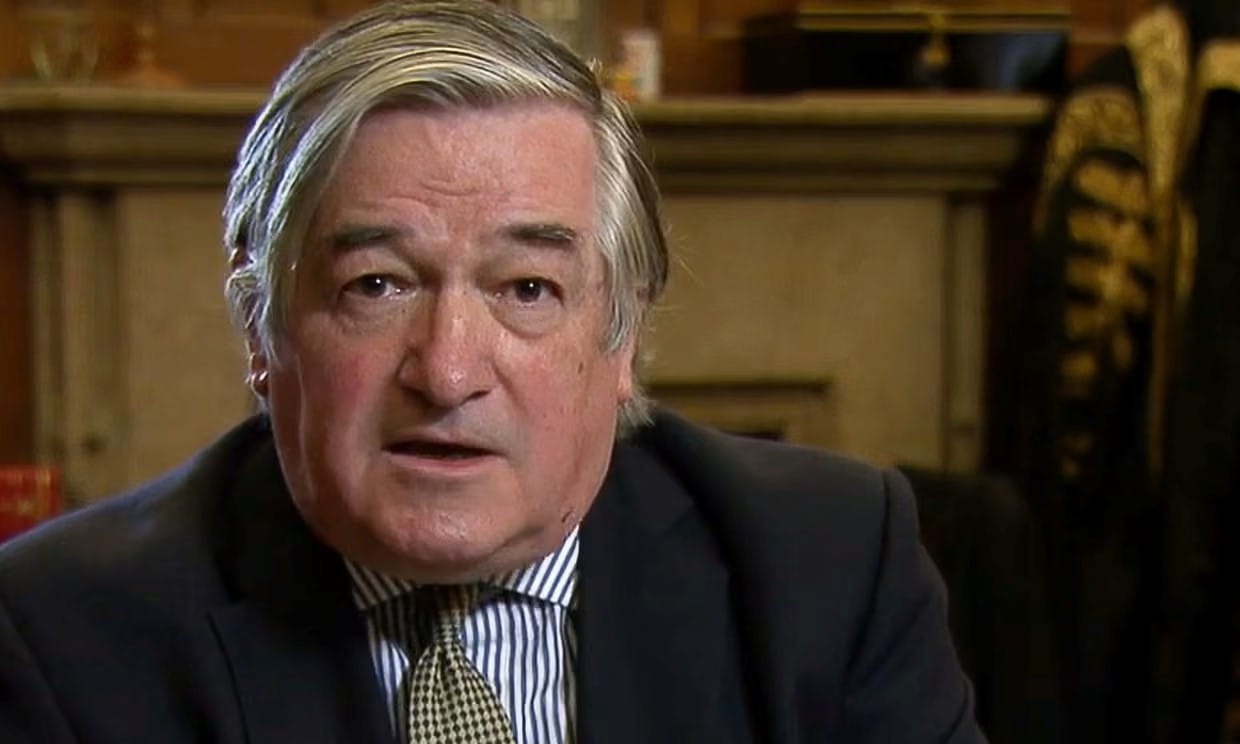X v Y [2025] EWFC 144 (B)
DJ Stone. A (misconstrued) application to appeal a final financial order out of time, ultimately determined as an application to vary pursuant to Thwaite jurisdiction.
Judgment date: 15 May 2025
https://caselaw.nationalarchives.gov.uk/ewfc/b/2025/144
DJ Stone. A (misconstrued) application to appeal a final financial order out of time, ultimately determined as an application to vary pursuant to Thwaite jurisdiction.
Background
Following a final hearing in November 2023 before DJ Stone, a final financial remedy order was made dated 1 December 2023 (the final financial order). X v Y was a judgment by DJ Stone in respect of what started as a misconstrued application by the former husband (Mr X) to appeal the final financial order out of time and the former wife’s (Mrs Y’s) application to strike out the application. By order dated 3 January 2025, Mr X’s application to appeal out of time was to be treated as an application to set aside and/or vary the capital provision of the final financial order as no error of the court was alleged. Mr X’s application could therefore be determined by DJ Stone.
Mr X’s application related to the order requiring the sale of the former family home. It is of note that:
- The value of the FMH adopted at the final hearing was £800,000 based on a SJE valuation that had not been questioned by either party. The SJE was also not cross-examined by either party.
- Despite this, at the time of the final hearing, the FMH was listed for sale for £895,000.
- Unusually, both parties had adopted open positions which would provide Mrs Y with a defined amount of the sale proceeds, as opposed to a percentage. The final financial order was made on that basis, with Mrs Y to receive £410,000 and the balance to be received by Mr X, subject to an adjustment against his share of the proceeds for an outstanding costs order.
- The usual terms around the conduct of the sale were also ordered, including court power to determine selling price in default of agreement, save that Mr X alone was able to agree a sale price in excess of £800,000.
- The parties’ claims for lump sum orders, property adjustment orders, pension sharing orders and pension attachment orders were dismissed, alongside an immediate dismissal of Mr X’s claims for periodical payments.
The FMH was marketed for sale in October 2023 at £895,000 and following multiple reductions in the sale value over the intervening period at Mr X’s sole discretion, the market price was reduced to £800,000 on 27 July 2024. At the time of the final hearing of Mr X’s application, there was an offer to purchase the FMH of £795,000, subject to the sale of another property by the intended buyer. A letter from the appointed estate agent dated 15 November 2024 suggested that the next marketing price point would be £750,000.
Mr X’s application
Mr X applied to vary the division of the sale proceeds of the FMH so that he and Mrs Y would share equally any deficit in the sale price below £800,000. This was disputed by Mrs Y.
It was not until Mr X’s position statement for the final hearing that it was made clear that Mr X was relying on Thwaite jurisdiction to try to vary the final financial order. As usefully summarised by DJ Stone following a consideration of the main authorities on Thwaite jurisdiction (see paragraph 70):
- The following conditions must be fulfilled for Thwaite jurisdiction to arise:
- there has been a [significant] change of circumstances;
- it would be inequitable to hold one party ‘to the financial provision order that has not yet been implemented (i.e. is executory)’. DJ Stone notes that the change needed to be significant, as a minor change would not be sufficient to render enforcement inequitable.
- The ability to vary the order if Thwaite jurisdiction arises comes from the parties’ claims remaining live before the court and the claims not having been dismissed.
- Thwaite jurisdiction has survived Barder (despite the obiter dicta to the contrary in the judgment of Mostyn J in BT v CU [2021] EWFC 87).
Mr X argued:
- as the FMH has not been sold, the final financial order is executory;
- there was a significant change in circumstances due to the change in value of the FMH;
- in light of the significant change, and the final financial order containing a minimum sale price, it would be inequitable not to vary the order.
Mrs Y’s position was that if Thwaite jurisdiction still existed, querying whether it did due to BT v CU:
- There was only a minor variation in the valuation and this would be mitigated by early redemption penalties no longer being payable. In light of this, Mr X would receive more than what would he would have retained on the original sale figure of £800,000 if the house now sold for £795,000. Even if the FMH did sell for £750,000, the deficit to Mr X would only be c.£13,000.
- It would not be equitable to retain the existing order. It was submitted on her behalf that the court should be careful in exercising discretion in circumstances where Mrs Y has not caused a significant change by acting inequitably.
It is agreed that this was not a case to which Barder applied.
Outcome
DJ Stone dismissed Mr X’s application, determining that:
- Even if the change in value of the FMH was found to be a significant change, there is no power to vary the order as the parties’ capital claims have been dismissed. It is noted (at [72]) that the dismissal of those claims was immediate and not conditional upon the implementation of the sale of the FMH. (As an aside, it is unclear from the judgment whether the precedent financial remedy order wording which starts ‘save as outlined in this order…’ is included in the dismissal clauses of the final financial order in this case, but given the judgment, one might assume that they were not for DJ Stone to determine there was no power to vary the order for sale.)
- Even if there was power to vary the final financial order, the reduction in the value of the FMH was not a significant change which would render it inequitable to hold Mr X to the terms of it. Seven points were referred to here, briefly summarised as follows: (1) both parties sought final orders on the basis Mrs Y would receive a fixed sum, including Mr X’s own open offer; (2) Mr X took the potential risk and benefit of formulating his offer in such a way; (3) there is no evidence that the FMH might only sell for £750,000, with the letter from the estate agent not being updated expert evidence; (4) the estate agent letter refers to the current offer of £795,000 and that is the best evidence of what the property is worth before the court; (5) the ERP having lapsed increasing the overall sale proceeds available even if the property sold for £795,000; (6) no conduct by Mrs Y that has led to an inequitable situation; and (7) in the absence of any significant reduction in the house prices, ‘it would be no more inequitable to Mr X to hold him to the order than it would be to Mrs Y to give her less than the court concluded she needed in order to rehouse herself and the children’.
No orders were made in relation to Mrs Y’s strike out application. The strike out application was not mentioned at the final hearing following the last-minute reformulation of Mr X’s application to be a variation application based on Thwaite jurisdiction.
Separately, and to allow the sale to progress, the court varied the final financial order so that the FMH should be sold ‘in accordance with the selling agent’s written recommendation’, as agreed by Mr X or determined by the court in default of an agreement.
Following the final hearing on 12 February 2025, submissions on costs were left for hearing when the judgment was handed down on 15 May 2025. There does not appear to be a reported judgment around costs at this time.
This judgment has not been certified as citeable pursuant to the Practice Note (Citation of Cases: Restrictions and Rules) [2001] 1 WLR 1001.





